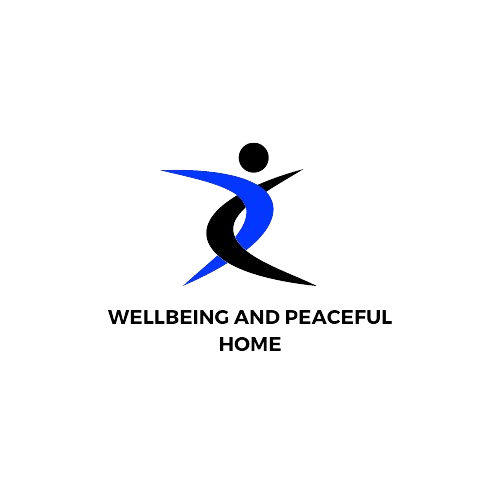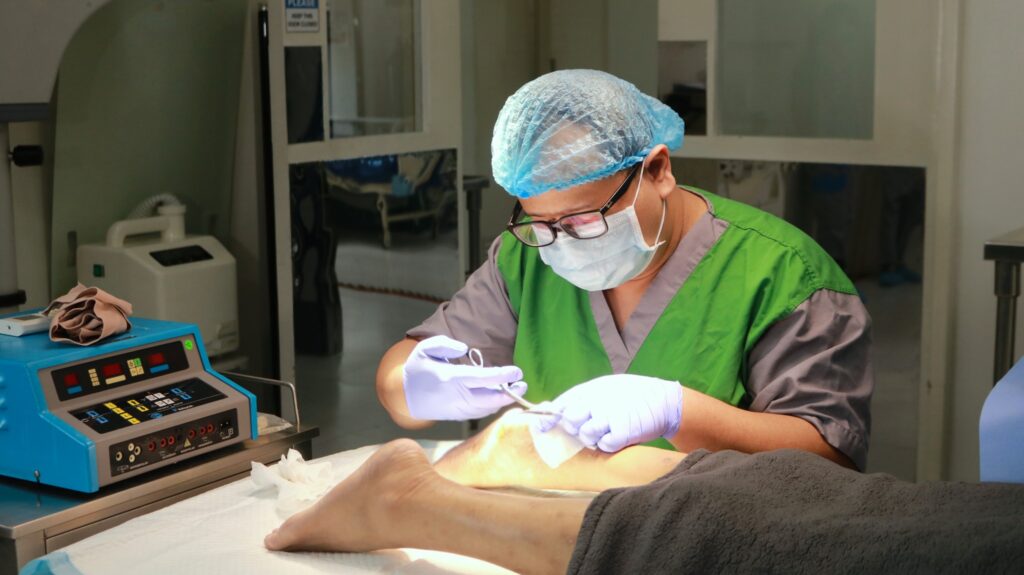Balance and gait issues can drastically interfere with daily life, making simple tasks like walking across a room or getting out of bed feel overwhelming. These conditions are often more than just signs of aging — they can stem from deeper musculoskeletal or neurological disorders. When balance and coordination are compromised, so too is independence, safety, and overall well-being.
That’s why personalized balance and gait disorders treatment in Fishers, IN is essential for those struggling with these challenges. With targeted therapies and a comprehensive approach, individuals can regain stability and confidence, leading to a healthier, more active lifestyle.
Understanding Balance and Gait Disorders
Balance and gait disorders are conditions that affect how you control your posture and walk. While the terms may seem interchangeable, they refer to distinct but often related issues. Balance disorders involve trouble maintaining a steady and upright position, whether still or moving. Gait disorders refer to abnormalities in walking patterns, such as limping, unsteadiness, or dragging a foot.
These disorders may present gradually or appear suddenly, and they commonly result from complications within the musculoskeletal system (bones, muscles, joints), neurological system (brain, spinal cord, nerves), or the vestibular system (inner ear).
When left unaddressed, they can increase the risk of falls, injuries, and loss of independence—particularly among older adults.
Common Causes of Balance and Gait Issues
Balance and gait issues often have underlying causes that must be carefully identified to create an effective treatment plan. Some of the most common sources include:
Neurological Disorders: Conditions such as Parkinson’s disease, stroke, and traumatic brain injuries often interfere with the brain’s ability to coordinate movement. These neurological challenges can result in tremors, slowed motion, muscle stiffness, or difficulty initiating steps.
Vestibular Conditions: The vestibular system, located in the inner ear, plays a key role in balance. Disorders like Benign Paroxysmal Positional Vertigo (BPPV) cause dizziness and disorientation, making it hard to stay upright or move confidently.
Musculoskeletal Problems: Injuries, arthritis, muscle weakness, or joint instability can all contribute to balance problems. Even a sprained ankle or hip pain can cause an uneven gait or fear of falling.
Sudden Injuries or Surgeries: Accidents, falls, or surgeries (especially those involving the hips, knees, or spine) can temporarily disrupt normal movement patterns, requiring rehabilitation.
Signs and Symptoms to Watch Out For
Recognizing the early signs of balance and gait issues is crucial for prompt intervention. Symptoms to be aware of include:
- Difficulty maintaining balance when standing or walking
- A sensation of spinning or vertigo
- Frequent tripping, stumbling, or falling
- Shortened or shuffling steps
- Unsteadiness when turning or changing direction
- A wide-based gait to prevent falling
If you or a loved one is experiencing these symptoms, it’s important to consider a professional balance and gait disorders treatment in Fishers, IN to restore safety and mobility.
The Role of Physical Therapy in Treatment
Physical therapy plays a fundamental role in restoring balance and gait. Rather than simply addressing surface symptoms, therapists focus on the root cause of the issue — whether it’s muscular, neurological, or vestibular.
At Osteopractic Physical Therapy of Central Indiana, treatment begins with a comprehensive assessment that evaluates your current level of function. This may include strength testing, gait analysis, balance assessments, and reviewing your medical history to determine contributing factors.
Once a diagnosis is established, a personalized therapy plan is developed to retrain your body to move efficiently and confidently.
What to Expect During Your Evaluation at OPTCI
Your journey toward improved balance and mobility begins with a thorough evaluation by a licensed physical therapist certified in movement screening. This assessment goes beyond a routine checkup — it analyzes how your body moves as a whole.
The evaluation typically includes:
- A review of your health history and previous injuries
- Balance testing using standard clinical measures
- Gait analysis to identify irregularities in walking
- Evaluation of vestibular function and proprioception
- Identification of specific muscular weaknesses or joint instability
This detailed approach allows OPTCI’s team to build a therapy plan that’s aligned with your specific needs and goals.
Personalized Treatment Options Available
Every patient’s condition is unique, so effective balance and gait disorders treatment in Fishers, IN must be individualized. OPTCI offers a variety of interventions tailored to the root cause of dysfunction, including:
Balance Retraining: Targeted exercises to improve coordination, core strength, and postural control — often performed on unstable surfaces to simulate real-world environments.
Vestibular Rehabilitation Therapy (VRT): A specialized form of therapy used to treat inner ear disorders. VRT may include head movement exercises and visual tracking tasks to recalibrate your sense of equilibrium.
Strength and Flexibility Training: Weak muscles can impair your ability to walk or remain upright. Strengthening the lower body, core, and postural muscles is key to restoring gait stability.
Neuromuscular Re-education: Techniques that retrain the brain and body to coordinate movement patterns effectively. This is particularly useful for stroke or Parkinson’s patients.
Assistive Device Training: If needed, your therapist may recommend canes, walkers, or orthotics and ensure you know how to use them safely and effectively.
Why Choose Osteopractic Physical Therapy of Central Indiana?
When it comes to finding effective balance and gait disorders treatment in Fishers, IN, OPTCI stands out for its advanced clinical approach and compassionate care. Here’s why patients trust them:
- Specialized Expertise: Therapists trained and certified in movement screening and neuromuscular rehabilitation.
- Whole-Person Focus: Evaluates and treats physical limitations, lifestyle factors, and psychological components such as fear of falling.
- Modern Techniques: Utilizes evidence-based practices and modern rehabilitation tools.
- Patient-Centered Care: Treatments are not one-size-fits-all. Every plan is designed around your goals, history, and recovery timeline.
Tips for Preventing Future Balance Issues
Beyond treatment, there are steps you can take to reduce your risk of future imbalance or falls. Incorporating these habits into your daily routine can provide lasting stability:
- Stay Active: Engage in regular low-impact exercise such as walking, tai chi, or gentle strength training.
- Eliminate Tripping Hazards: Keep your home free of loose rugs, exposed cords, or uneven surfaces.
- Check Your Vision and Hearing: Sensory impairments can affect balance.
- Use Proper Footwear: Wear shoes with good support and grip.
- Follow Up with Physical Therapy: Ongoing visits can maintain progress and prevent regression.
Empowering Patients Through Movement
Many patients arrive at OPTCI feeling frustrated, fearful, and uncertain about their mobility. Through a combination of expert evaluation, personalized care, and consistent support, they often leave stronger, more confident, and excited to re-engage with life.
Whether recovering from a fall, managing a chronic condition, or simply struggling with age-related changes, effective balance and gait disorders treatment in Fishers, IN can make a transformative difference.
Takeaway
Balance and gait disorders may seem like a natural part of aging or injury, but they don’t have to dictate your lifestyle. With targeted care from experienced professionals at Balance and Gait Disorders Treatment Fishers, IN, you can regain control, stability, and independence.
If you or a loved one is facing these challenges, now is the time to act. Expert balance and gait disorders treatment in Fishers, IN is just a call away.






